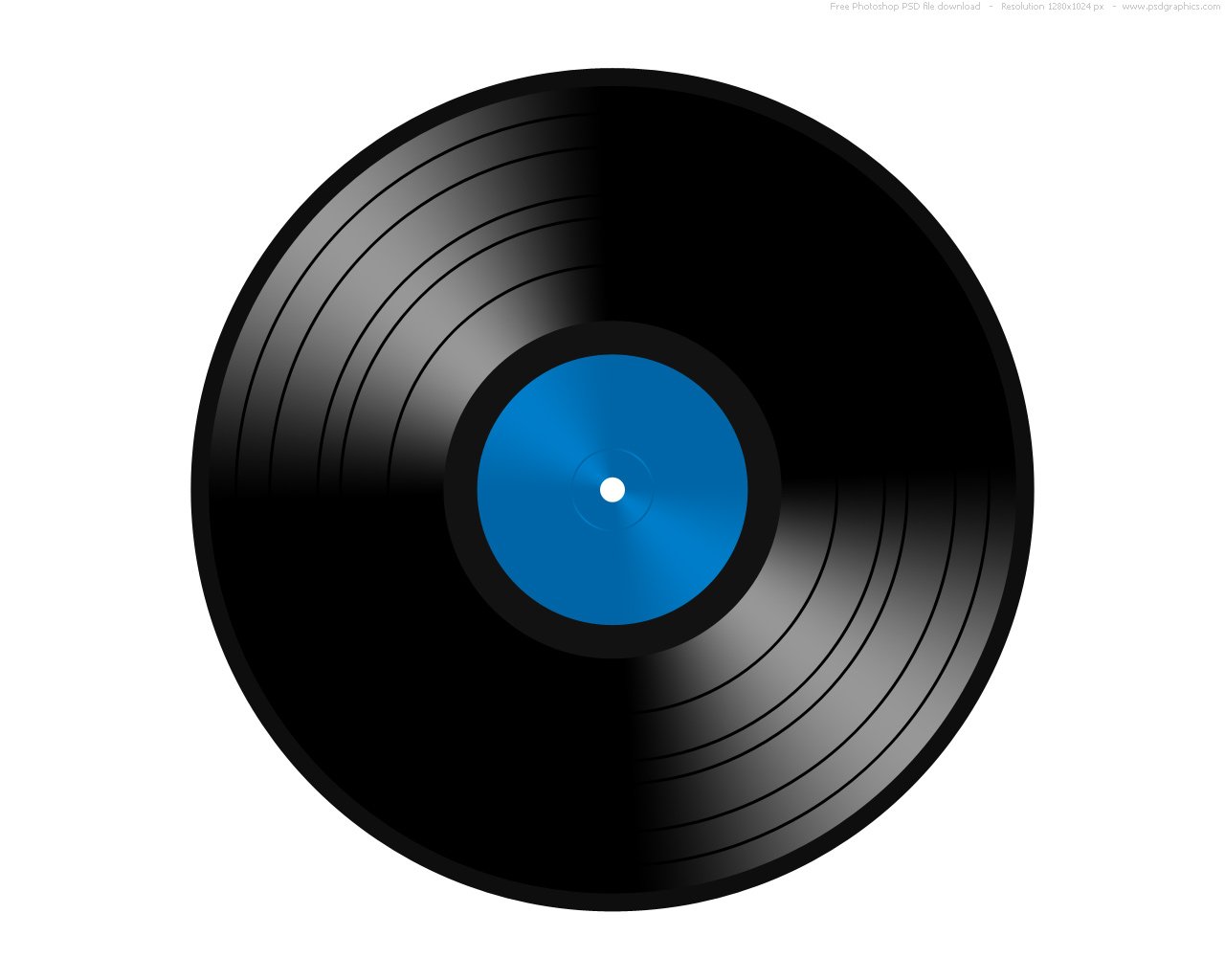Expecting success to come quickly is a flaw of mine that most often leads to dejection, giving up, not starting in the first place, or general malaise.
Once I decide to actually go after something – to really give it a shot – if I’m not an immediate success, I’m ready to throw in the towel.
It’s a downward spiral too. The worse I perceive my lack of success, the worse I feel, and the less I want to do that isn’t related to eating lots of sugar.
The myth
Most adults should know that there is no such thing as an overnight success. You probably have realized at this point that instead success is a long, slow climb.
Success in music is no different (other than the climb might be steeper)!
Redefine Success
I remember when I first started pitching songs. It seemed to take forever to land music in a spot with any real consistency.
But I kept at it. And kept looking for patterns.
And started improving.
One of the keys to doing this was to redefine success.
In other words, instead of beating myself up for not hitting a goal, I would adjust that goal. Instead of trying to get songs on a commercial, I would try to get ANY response from someone.
I’d celebrate any response from a brief hello, to a music search to a “get the hell outta here you crazy person!” (luckily I never got one of those).
Feeling good
Once you shift your focus something amazing happens. You start to feel good.
Feeling good helps to give you more energy, work a little more, and try to be better.
Then all of a sudden those little steps you’ve taken add up, and you get a BIG win.
At that point, it’s time to eat cupcakes and dance.
So next time…
When you start to beat yourself up for under-achieving, re-evaluate.
Have you made some small step that you haven’t properly acknowledged?
Your state of mind can sometimes be the only limiting factor in how big of a success you are.
I’d love to hear how you have achieved some small success in the comments!






